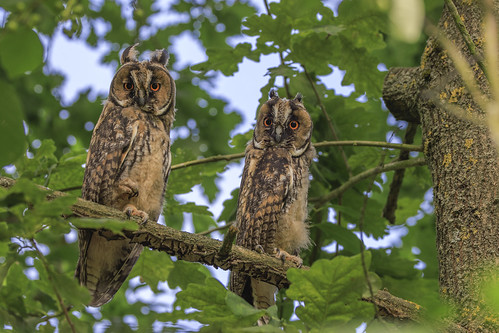If ASIO has evidence of Burgess’ allegations, we should know who he’s talking about
ASIO #ASIO

Mike Burgess, the head of ASIO, is neither a careless nor stupid man, so he knew exactly what would follow when he dropped this into the national conversation:
“[He or she] sold our their country, party and former colleagues.”
Burgess was talking about a former Australian politician, who he said had been recruited by a foreign country’s spy network he refers to as “the A-team”.
Burgess declined to name the country of influence, because he doesn’t want us to get too focussed on a specific actor when many countries are conducting espionage and foreign influence operations here — not that this will slow down speculation.
He also didn’t name the former politician, triggering both a social media meltdown as to their identity. Ever helpful, Peter Dutton volunteered that it has to be a Labor Party politician from NSW, hinting that this is going to be the worst-kept secret ever — but of course he could be just making it up, as usual.

The Spying MP: If we’re talking about MPs and foreign powers, the list is VERY longRead More
Burgess also revealed that at one point the former politician had proposed recruiting a member of the then prime minister’s family. Malcolm Turnbull’s son Alex piled in yesterday with the claim that he had been approached by Chinese operatives in 2017, and had reported this to security agencies. Whether these things are connected, who knows; perhaps it just underlines how quickly a mysterious scandal attracts bees to the honeypot.
But the real question with Burgess’ refusal to name the putative spy is: why not?
If Burgess’ words are literally true — that among us there’s a former member of Parliament, presumably federal, who has betrayed their country (which sounds quite adjacent to treason), why are they walking around free and protected from exposure?
The pertinent issue isn’t Joe Hockey’s anguished plea that the spy be named to lift suspicion from all the other ex-pollies (like him) who have not sold us out, lol. The real concern is something Hockey might struggle to comprehend — the national interest.
There is no statutory suppression regime preventing ASIO from naming its quarry. Burgess hasn’t directly addressed why it isn’t doing so, but he did give a hint, saying, “If they’re not doing it now they’re not breaking the law.” He also indicated that their actions could fall foul of foreign interference laws enacted in the past few years, if repeated today.
That suggests that whatever the former MP was doing did not, at the time, constitute a crime on the legal advice ASIO has received. My assumption therefore is that the choice to not name is driven by two related considerations: fairness and defamation.
Obviously, public exposure would be terminally devastating for the former politician. Regardless of the factual circumstances or provability of allegations, ASIO’s finger-pointing alone would be unsurvivable. It would also be defamatory. However, as recent cases amply demonstrate, a defamation trial is far from an appropriate medium for testing and adjudging allegations of serious criminality.
There is a possible statutory pathway for ASIO to name our fifth columnist without legal risk. Under the ASIO Act 1979, the agency is given statutory immunity from lawsuits for a broad range of actions it may undertake in pursuit of “special intelligence operations”, including (arguably) the making of public statements.
Whether that applies to this situation (special intelligence operations have to be designated as such), I don’t know, but I’m guessing not.
Putting that aside, is there a national interest here that transcends the obvious legal interests of Politician X? He or she, it appears, will never be charged with an offence for what they did, and Burgess said he was sure they’d never be stupid enough to do it again. Clearly ASIO does not consider that they constitute a present risk to national security.
However, one is inevitably drawn back to the extraordinary circumstance of Burgess’ intervention, and the dramatic nature of his words. He was clear that we all need to know about what happened, and to take it seriously.

Crikey’s parliamentary guide to avoiding foreign interferenceRead More
What that leaves is an unsatisfactorily large vacuum: we are told that someone in a position of political, possibly governmental, power “sold out” our country at some point in recent history. We know that it was at the behest of a serious foreign power. But we don’t know who, what or why — or what if anything it achieved.
What use, then, can we really make of the information Burgess has decided to share? Not much, I’d say. Hence the vacuum, hence the media scramble to fill it.
My view is this: if Burgess has cogent evidence to substantiate what he’s alleged, albeit falling short of criminal proof, then we should know exactly what he’s talking about. The personal interests of the politician are comfortably subsumed by the national interest that has driven Burgess to say as much as he has. Defamation law should not, and would not, get in the way.
Alternatively, Burgess should have said nothing at all. All he’s created is a mess.